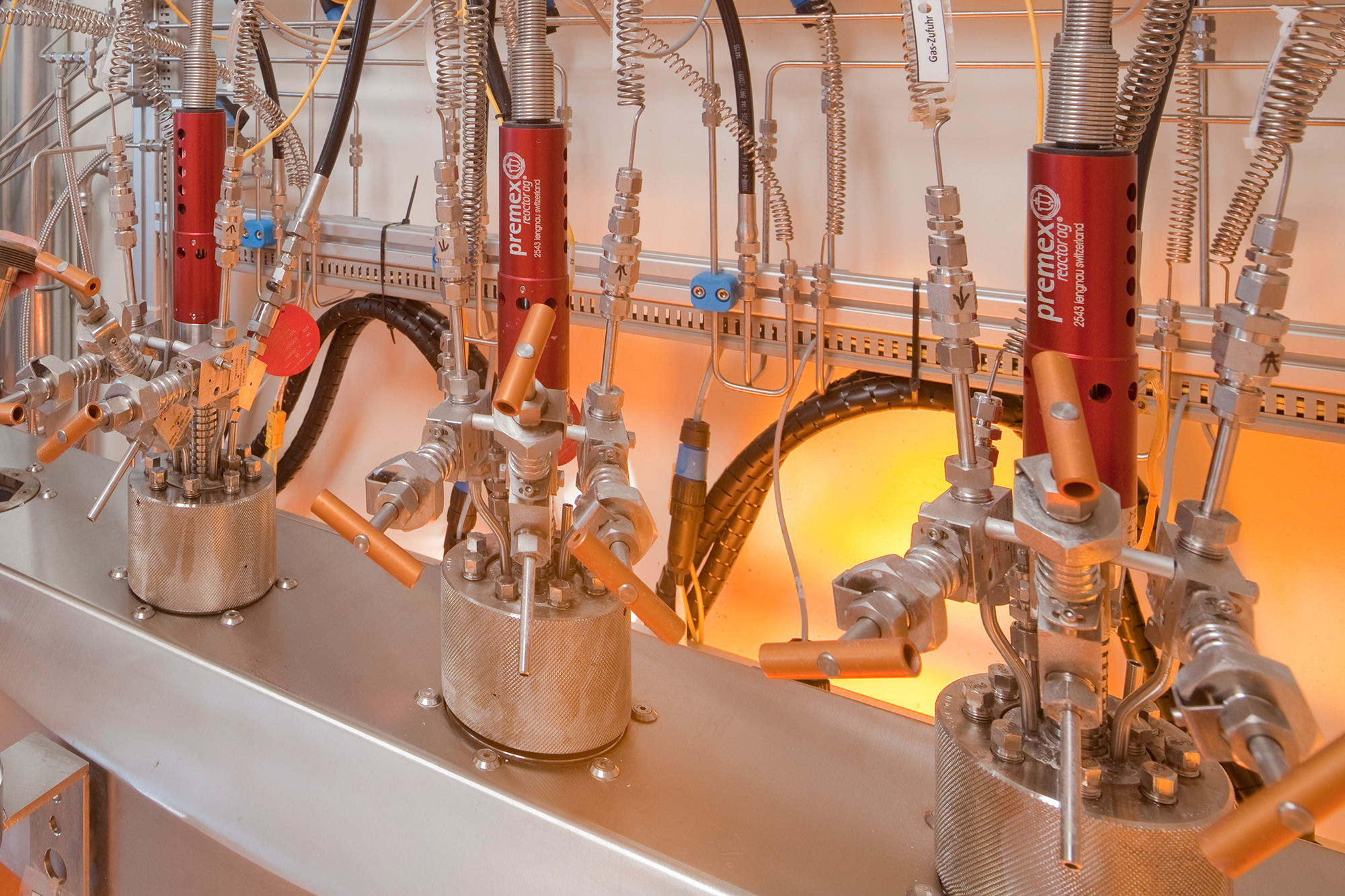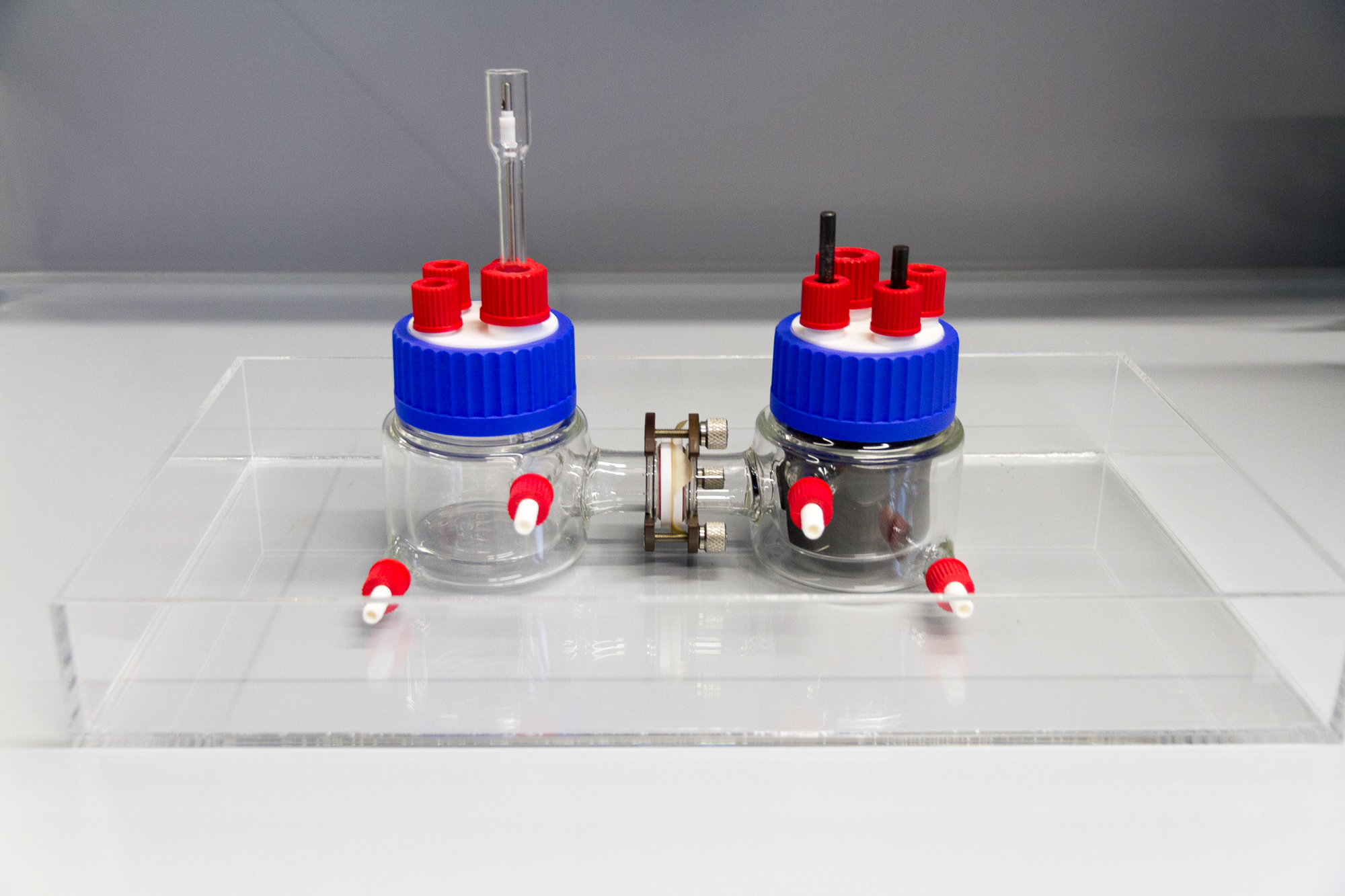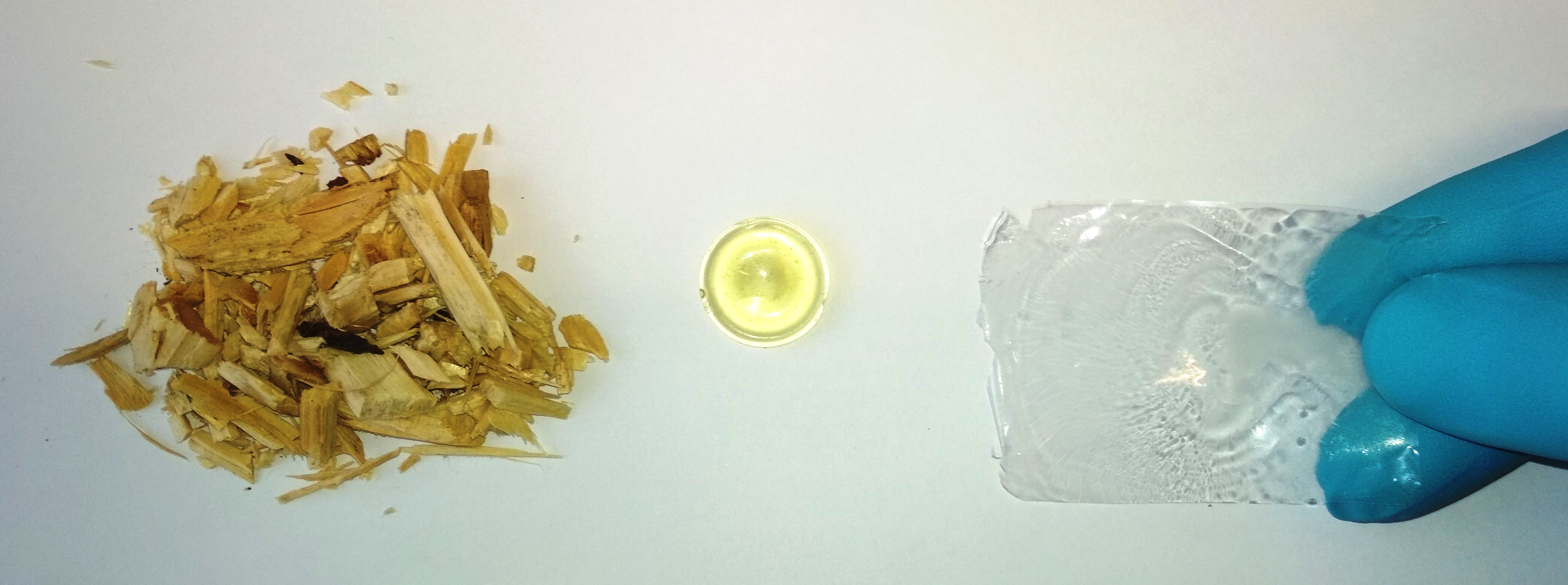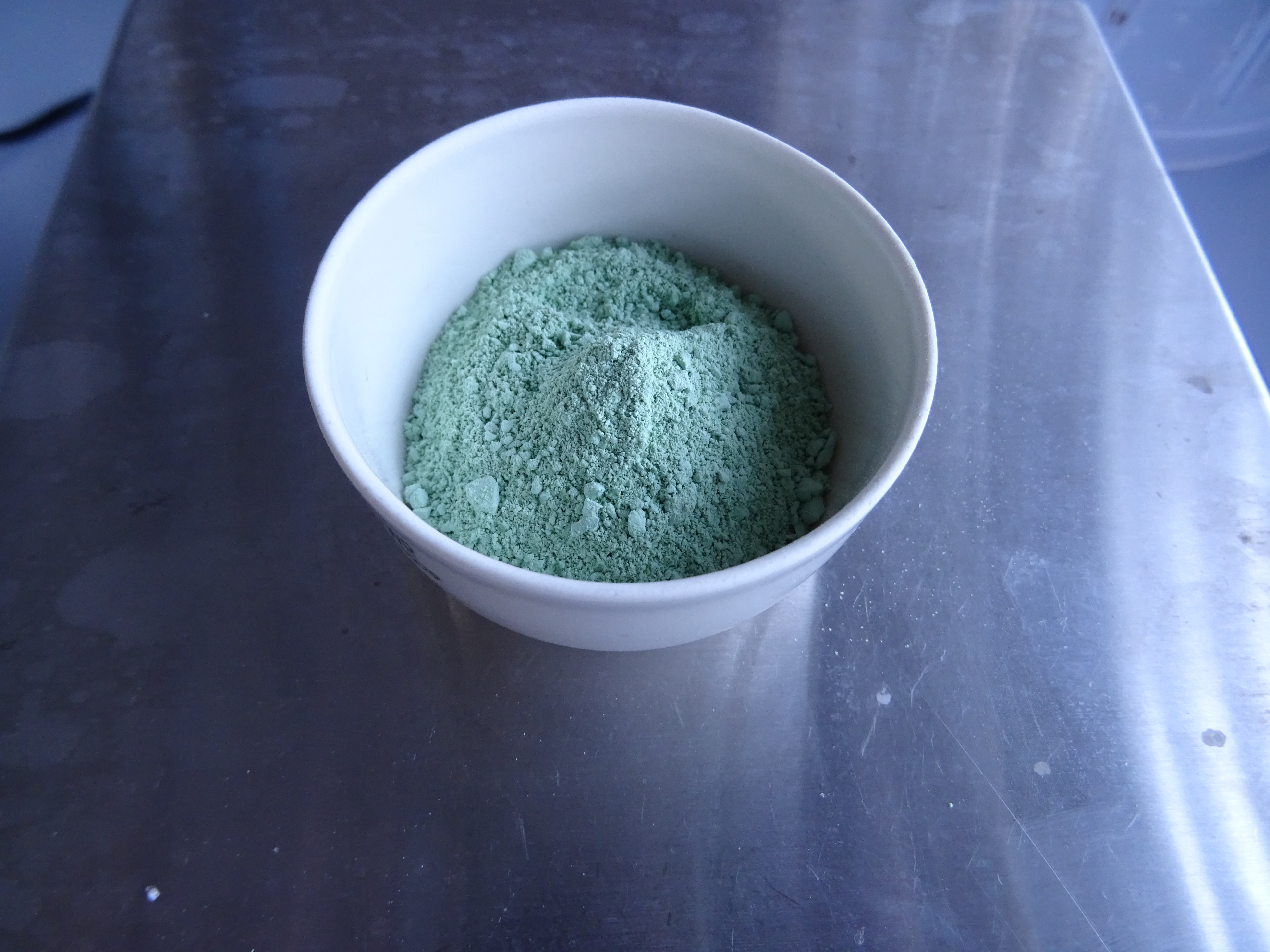Research at the Straubing-based institute's "Bio-, Electro- and Chemocatalysis BioCat" branch focuses on the development of catalytic processes for the use of renewable raw materials and CO2. BioCat was founded in 2009 as a Fraunhofer project group. At the end of the five-year start-up financing by the Free State of Bavaria at the end of 2014, the group was taken over as a branch of the IGB into the federal and state financing of the Fraunhofer-Gesellschaft.
Process development bio-, chemo- and electrocatalysis at the Straubing branch
The focus of Fraunhofer IGB’s Straubing branch "Bio-, Electro- and Chemocatalysis BioCat" is on the development of new chemical catalysts and biocatalysts and their application in technical-synthetic and electrochemical processes. Based on substrates such as biomass, CO2 and waste streams, the entire spectrum of catalysis is used to develop new sustainable and resource-efficient chemical products. Here, homogeneous and heterogeneous chemical catalysis, enzymatic and whole cell catalysis, electrocatalysis, and especially their combinations are utilized.
Use of biomass
In the case of using plant biomass, the goal is to achieve the substantial use of the material variety of biobased molecules and to exploit the potential of chemicals and biocatalysis so as to achieve a considerate transformation while obtaining important functionalities. Successful examples of our work include the conversion of terpenes (residual material of wood processing) into biosurfactants, biobased epoxides or monomers for particularly impact-resistant, cold-stable polyamides. Other recycled material flows are vegetable oils and fatty acids, lignin and nitrogenous sugar, which are, for example, converted into functionalized carboxylic acids, conductive polymers, and monomers for polyesters and hydrocolloids.
Use of CO2
In addition, the group is developing new processes to use electrical energy by binding and converting CO2 into chemical energy storage. These products and the corresponding processes are provided to companies for the production of bulk and fine chemicals. On the other hand, they can be used to store regenerative energy in fuels, for example in the form of longer-chain hydrocarbons, thus contributing to the success of the energy turnaround. The aim is to achieve the best possible value creation from raw material to biobased end product.
Innovation fields at Straubing branch
The two innovation fields "Sustainable catalytic processes" and "Bioinspired Chemistry" are located in Straubing. The innovation field "Sustainable catalytic processes" is working on the development of chemical, electrochemical and biotechnological catalysts for the sustainable production of chemicals and fuels from renewable resources. This innovation field "Bioinspired Chemistry" researches sustainable conversion processes and is particularly concerned with the development of new synthesis and production methods for fine and specialty chemicals and for functional materials of the future.
Tabbed contents
Network and cooperations
Via the Straubing campus and the connection to the TU München with the chair of Prof. Volker Sieber, BioCat is setting trends in the use of renewable raw materials – in industry and academia.
TUM Campus Straubing for Biotechnology and Sustainability
With its location in Straubing, the BioCat branch is ideally networked with the Kompetenzzentrum für nachwachsende Rohstoffe (Center of Excellence for Renewable Resources), under whose umbrella the Campus Straubing für Biotechnologie und Nachhaltigkeit Straubing (Campus for Biotechnology and Sustainability) of the TU München, the Technologie- und Förderzentrum, TFZ (Technology and Support Center) and the Centrales Agrar-Rohstoff-Marketing- und Entwicklungsnetzwerk e. V. C.A.R.M.E.N. (Central Agricultural Resource Marketing and Development Network). Professor Sieber has been Rector of the Straubing Campus for Biotechnology and Sustainability since the end of 2017.
Chair of Chemistry of Biogenic Raw Materials
The Straubing campus in particular, with the Chair of Chemistry of Biogenic Raw Materials at the TU München (also headed by Professor Sieber), the departments of Marketing and Management of Renewable Resources, the Economy of Renewable Resources and Inorganic and Organic Chemistry (FHWT), has outstanding specialists for cross-disciplinary cooperation on the topic of renewable resources - from process and product development to profitability analysis and life cycle assessment.
History
After a positive evaluation in 2013 and the expiry of the five-year start-up financing by the Free State of Bavaria at the end of 2014, the Straubing-based project group "Catalytic processes for a sustainable raw material and energy supply on the basis of renewable raw materials BioCat" was incorporated into the federal and state financing of the Fraunhofer-Gesellschaft at the turn of the year. As "Bio-, Electro- and Chemocatalysis BioCat" the Straubing branch of Fraunhofer IGB is now continuing its work.
Your way to us
How to reach Bio-, Electro- and Chemocatalysis BioCat, Straubing site.
 Fraunhofer Institute for Interfacial Engineering and Biotechnology IGB
Fraunhofer Institute for Interfacial Engineering and Biotechnology IGB


